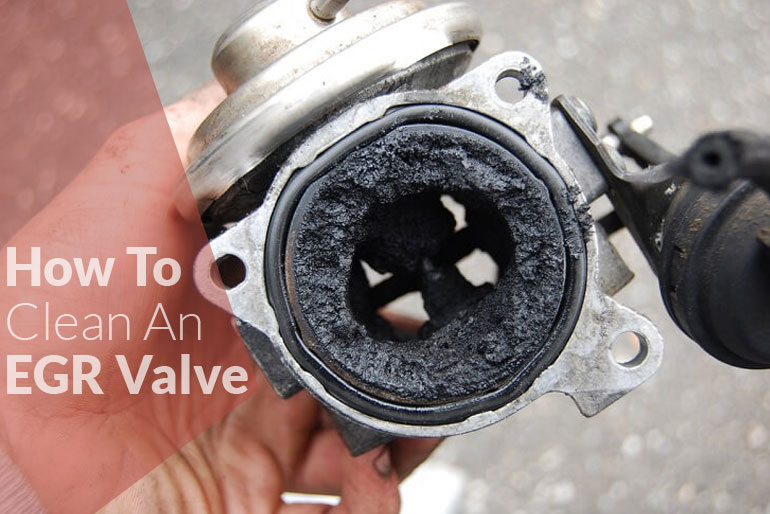Buying a car is an exciting experience, but it can quickly turn into a nightmare if you end up with a lemon—a vehicle with persistent mechanical or functional issues. Lemon cars can be a major financial burden and cause considerable stress. As summer approaches, when many people are in the market for a new set of wheels, it’s crucial to arm yourself with the knowledge and strategies to avoid buying a lemon.
Research, Research, Research
Before setting foot on a car lot or browsing online listings, dedicate time to thorough research. Start by identifying the make and model that suits your needs and budget. Look for consumer reviews, reliability ratings, and common issues associated with the vehicle. Trusted automotive websites and forums can provide valuable insights from real car owners. Take a look at a study that looks into cars sold per lemon law case.
Check Vehicle History
Requesting a vehicle history report is crucial when purchasing a used car. Services like Carfax or AutoCheck can provide comprehensive information about a car’s past, including accidents, maintenance records, and mileage discrepancies. A clean history report doesn’t guarantee a problem-free car, but it significantly reduces the chances of ending up with a lemon.
Inspect the Car Thoroughly
Whether you’re buying from a dealership or an individual, a comprehensive inspection is essential. If you lack mechanical expertise, consider hiring a trusted mechanic to evaluate the vehicle’s condition. Pay attention to signs of previous repairs, rust, leaks, and mismatched paint. Ensure that all the essential components, such as brakes, tires, lights, and air conditioning, are in proper working order.
Test Drive Extensively
Never underestimate the importance of a thorough test drive. Take the car on different types of roads, including highways and rough surfaces, to assess its performance under various conditions. Listen for any unusual noises, vibrations, or squeaks that could indicate underlying problems. Test all the features, such as the radio, air conditioning, and electronics, to ensure they are functioning correctly.
Seek Professional Inspection
Consider getting a pre-purchase inspection from a trusted mechanic or a service that specializes in such evaluations. These professionals have the expertise to identify hidden issues that may not be apparent during a regular inspection or test drive. It may require an additional investment, but it can save you from costly repairs down the road.
Verify Title and Ownership
Always ensure that the seller has the proper title and documentation to transfer ownership. Check for liens, outstanding loans, or any other legal issues associated with the vehicle. It’s wise to run a VIN (Vehicle Identification Number) check to confirm that the car hasn’t been reported stolen or salvaged.
Know Your Rights
Familiarize yourself with the lemon laws in your region or country. Lemon laws provide legal protection to buyers of defective vehicles and vary from place to place. Understanding your rights can help you navigate the process of recourse and potential refunds or replacements if you unknowingly purchase a lemon.
Buying a lemon car can turn your dream of owning a reliable vehicle into a nightmare. By following these essential tips, conducting thorough research, and taking the necessary precautions, you can significantly reduce the risk of ending up with a lemon this summer. Remember to be patient, diligent, and never rush into a purchase. Taking the time to assess the vehicle’s condition, verifying its history, and seeking professional advice can save you from costly regrets and ensure a satisfying and trouble-free driving experience for years to come.







